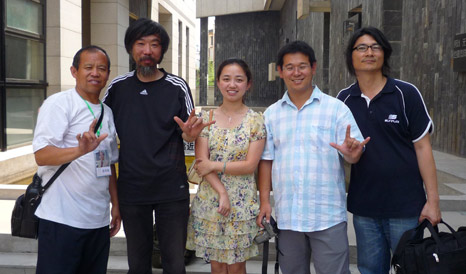
Since the advent of German Romanticism, the concept of theater as been associated with the idea of the living community. Theater appeared as a form of aesthetic constitution—meaning the sensory constitution—of the community: the community as a way of occupying time and space, as a set of living gestures and attitudes that stands before any kind of political form and institution; community as a performing body instead of an apparatus of forms and rules. In this way theater was associated with the Romantic notion of the aesthetic revolution: the idea of a revolution that would change not only laws and institutions but transform the sensory forms of human experience. The reform of theater thus meant the restoration of its authenticity as an assembly or a ceremony of the community.
…
The paradox of the spectator is part of an intellectual disposition that is, even in the name of the theater, in keeping with the Platonic dismissal of the theater. This framework is built around a number of core ideas that must be called into question. Indeed, we must question the very footing on which those ideas are based. I am speaking of a whole set of relations, resting on some key equivalences and some key oppositions: the equivalence of theater and community, of seeing and passivity, of externality and separation, of mediation and simulacrum; the opposition of collective and individual, image and living reality, activity and passivity, self-possession and alienation.
— Jacques Rancière, “The Emancipated Spectator”
You must be logged in to post a comment.
proxies for seo
I found a great…